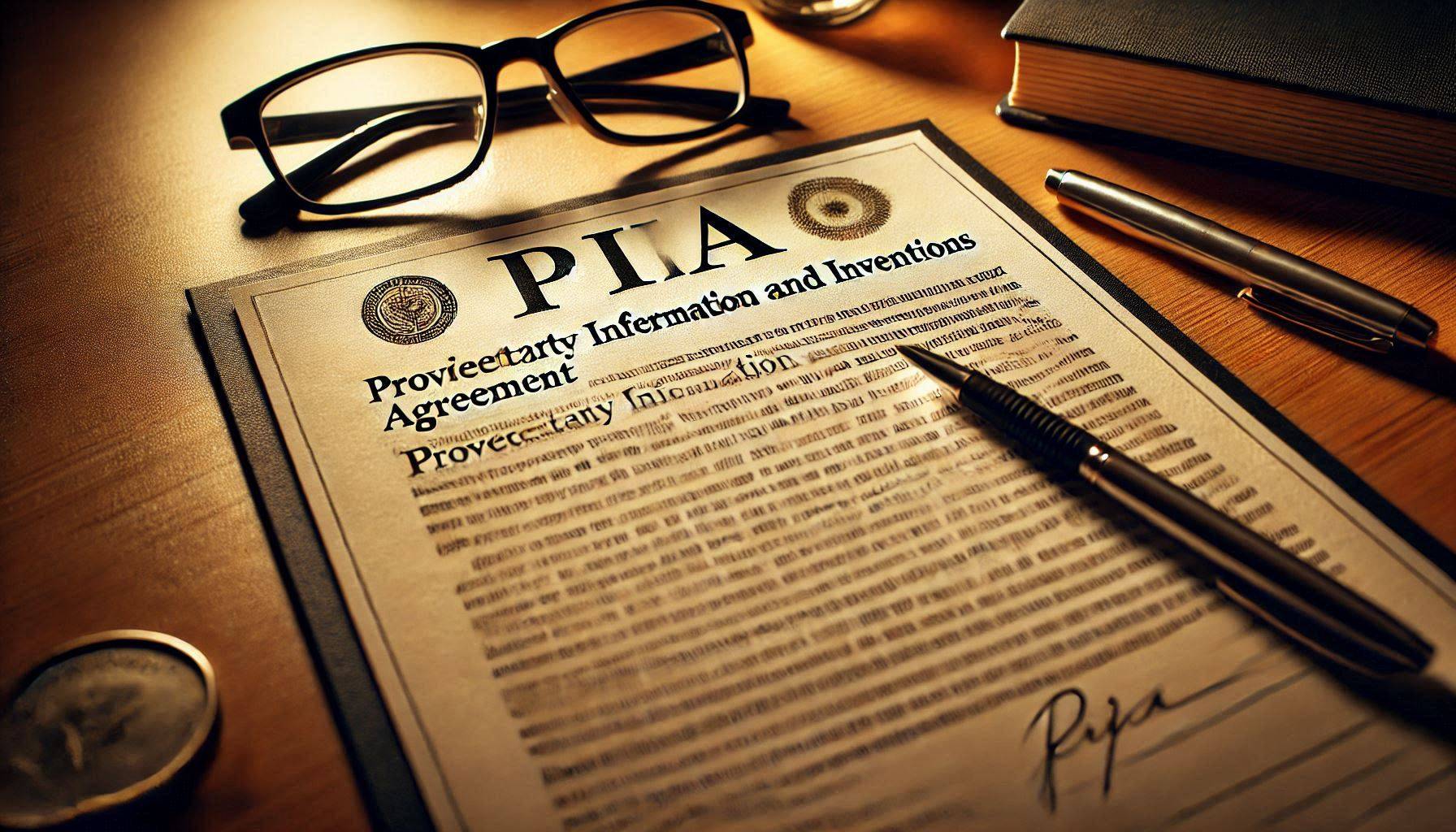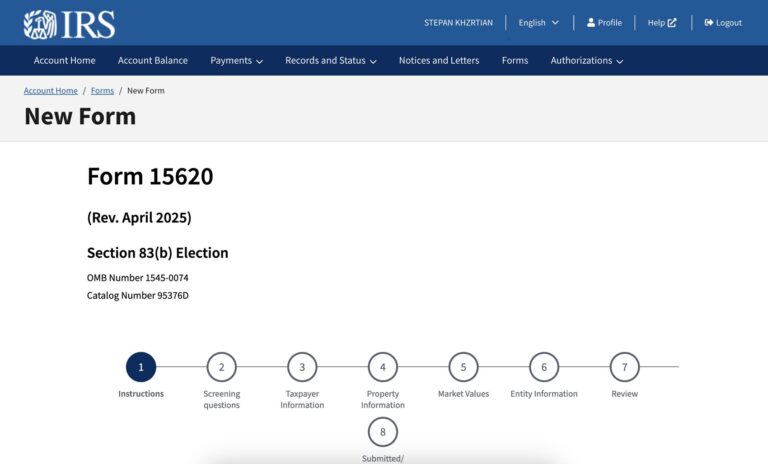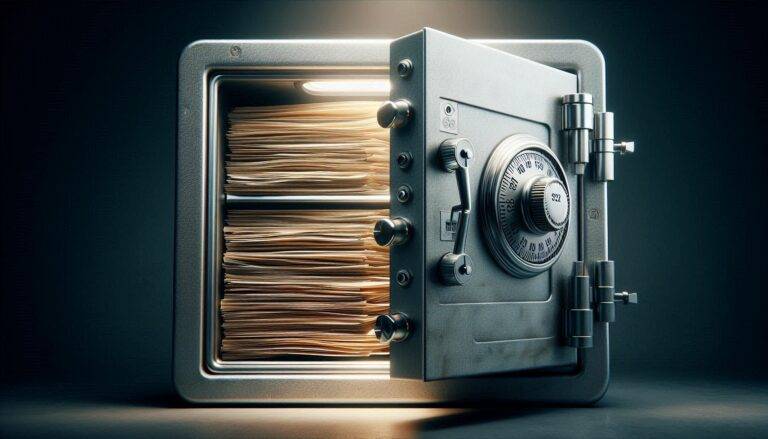This is the sixth post of Mistakes Founders Make, a series of blog posts that shine light on legal mistakes that startups commonly make and attorneys have to fix. Keep in mind that the post sacrifices detail for simplicity and is for informational purposes only. It should not be taken as advice — whether legal, tax, or other — and does not create an attorney-client relationship.
Just the basics
What’s the problem?
New hires sign a PIIA, which provides that your startup owns all the rights to their work. Hires have the right to exclude certain of their prior intellectual property from the scope of the PIIA, which are known as “excluded inventions” or “prior inventions.” However, this may throw a wrench in the startup’s ability to use all the intellectual property it needs to run its business, and so it should be approached with diligence.
How bad is it?
Medium to high, depending on how critical the excluded invention is to your startup’s business and whether your startup still gets an irrevocable and perpetual right to use the excluded invention.
How do I avoid this?
When you get the PIIA signed by your new hire, scroll down to the very end (or near the very end) where it talks about excluded inventions or prior inventions, and see if anything is listed. If so, inquire further with employee on what the excluded invention is, why it’s been excluded, and how it relates to the startup’s business.
Ok, hold on… what’s a “PIIA”?
It’s a document signed with employees that covers two fundamental matters:
- confidentiality, providing that the employee will keep confidential all non-public company information, and
- intellectual property assignment, providing that the employee’s work belongs to the company.
Conveniently, PIIA stands for Proprietary Information and Inventions Assignment Agreement, where inventions basically mean intellectual property. Sometimes, it’s also called CIIA (C for Confidential).
Got it. So, what’s an “excluded invention?”
An excluded invention is the employee’s prior intellectual property that relates to your startup’s business but is not being assigned to your startup. In other words, it’s excluded from the scope of the PIIA. Sometimes, these are called prior inventions.
Could you give me an example of an excluded invention?
Sure. Assume your startup is creating a video editing app, and you’re about to hire an employee that has previously had a video editing business. As part of their business, the hire has created a digital tool that automates some of the editing process. Sounds like this tool is pretty related to your startup’s business. If your new hire decides not to assign it to you, it could be an excluded invention.
Alright, I follow. So, what’s the problem here?
When an invention is excluded, the question arises whether not having ownership of this invention could compromise your ability to use all the intellectual property you need for running your business.
There’s one other particular reason to be wary of excluded inventions: due diligence.
How do excluded inventions relate to due diligence?
One of the representations that a startup makes during a priced round is that none of its former or current employees have excluded any inventions (for example, check out Section 2.19 of the model NVCA Stock Purchase Agreement). When reviewing startup documents during due diligence, investors’ counsel keep an eye out for any excluded inventions. And so, you’d rather not have any in your PIIAs or, if you do, you should have defensible reasons why you let these pass through which should be disclosed in your Disclosure Schedule.
What if my hire has excluded inventions?
Inquire further about these. Why has the employee decided to exclude an invention? What is it? How does it relate to your business?
Upon further inquiry, you may decide that the excluded invention is not particularly relevant to your startup, in which case you may want to suggest not listing it at all. Alternatively, if the excluded item is critical to your startup, you may want to negotiate what it would take to remove the exclusion — or reconsider hiring the employee.
Fortunately, there’s normally language in PIIAs that any inventions that are excluded are nonetheless licensed to the startup, irrevocably and in perpetuity. Depending on whether the excluded item is critical to your startup, this may be a fair compromise. That said, view this only as a last resort.








